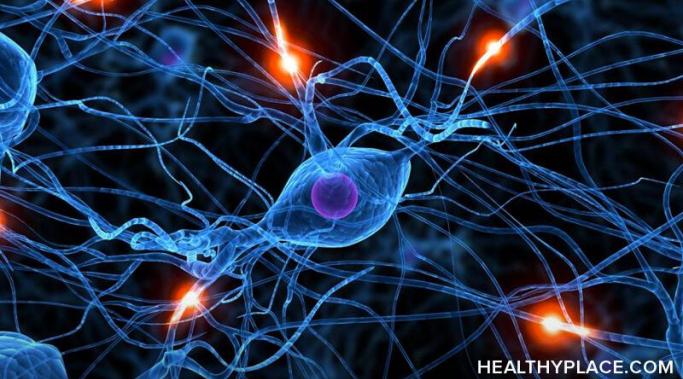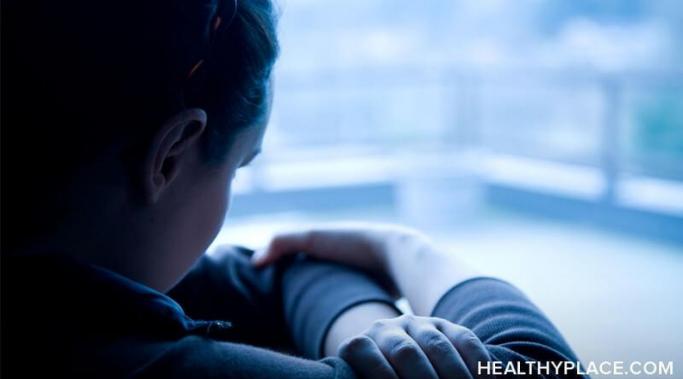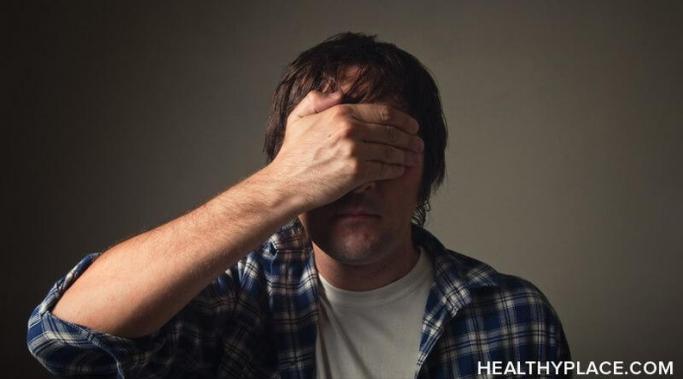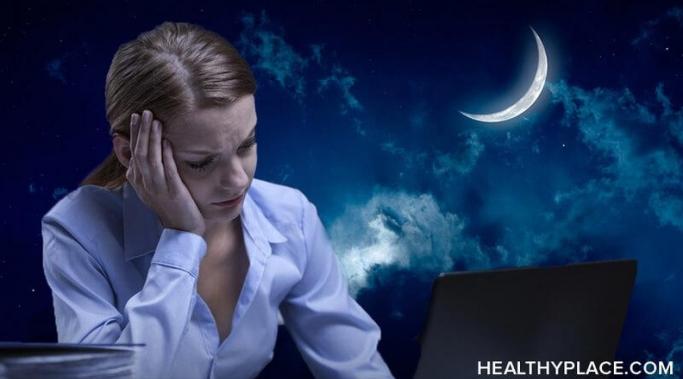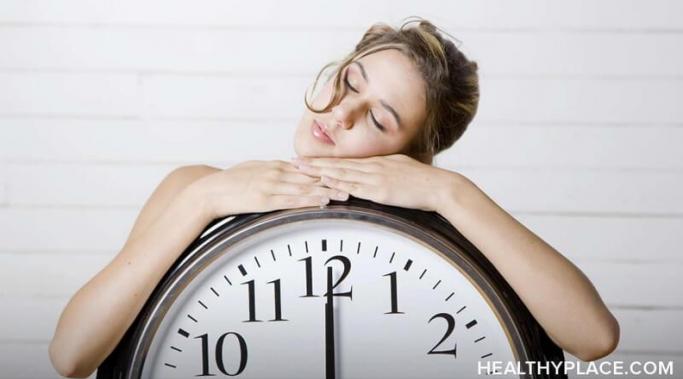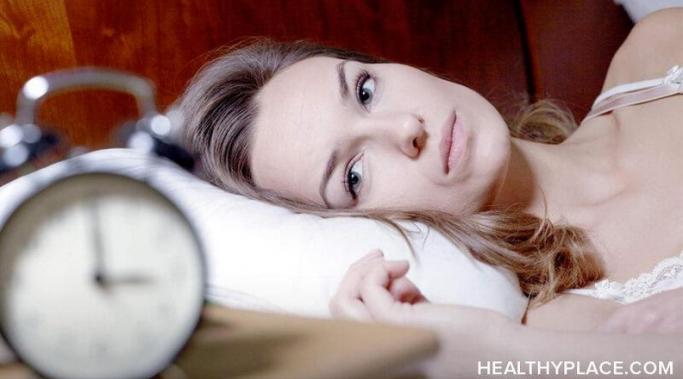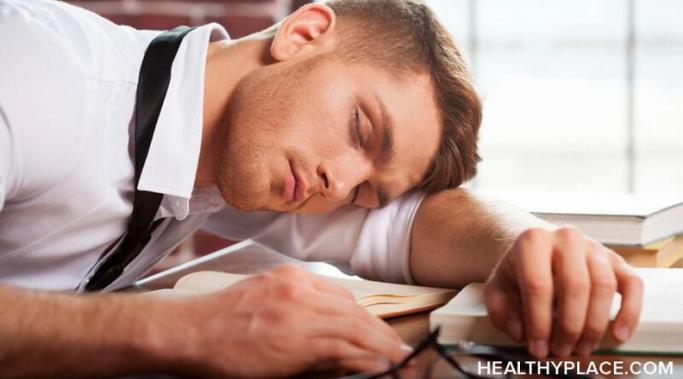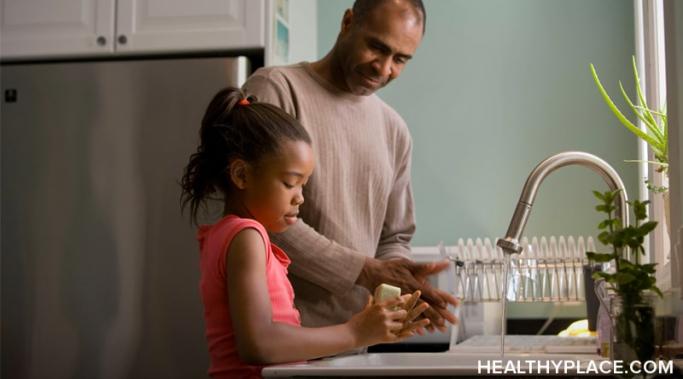Anxiety is complex with many causes, none of which are personal flaws or weaknesses. In fact, researchers have discovered and are working to understand yet another reason anxiety is not your fault. Anxiety (depression, too, actually) is well-known as a mental health experience. It turns out that anxiety and depression are very much physical health conditions, too. As scientists learn more about the gut-brain axis, the more they understand that problems in the gut can cause anxiety and depression.
Anxiety Causes
I don’t know how many people feel limited by anxiety, but if I were to make a bet, I would say that quite a few people are impacted by the limitations of anxiety. So, I figured a post is recommended. When I am anxious, I find that there are certain things that I am unable to do because they are too mentally taxing. I’m not talking about things that I’m uncomfortable doing anyway – these are things that I love doing, things that I would ordinarily spend a lot of time doing if I wasn’t anxious. This post is about those things.
Sometimes, stressful things can happen without the slightest hint of warning. Recently, I woke up to find that my laptop had just stopped working. I had used it the previous evening, and it seemed fine. But then, for whatever reason, the hard drive just died.
Whether short-term or chronic, health concerns can cause anxiety and stress. Signs and symptoms of health-related anxiety and stress can range from mildly annoying to completely disruptive and debilitating. The signs might be obvious, or they might hide as something else. Here's what health anxiety and stress may look like to help you recognize them and take charge.
Thinking about the past is a major cause of anxiety. Ruminating over past situations, conversations, things we did or did not do or say, and anything else that has already happened can be incredibly anxiety-provoking. When we don't let go of the past, the mind can run wild and make problems and difficulties grow. Reliving thoughts and feelings can keep us anxious, stressed, and stuck. However, the past does have a place in reducing anxiety. When you look to the past to identify things that have gone well and cultivate gratitude for what is good in your life, you take steps to reduce anxiety.
Yesterday, I woke up in the middle of the night with bad dreams. The dreams were such that I was unable to fall asleep for the rest of the night (it was 4:00 A.M. when I initially woke up) and spent much of the rest of the day in a negative state of mind. Because this tends to happen frequently, I want to take the time to discuss it in a bit more detail.
In a recent post, I discussed how anxiety impacts how I experience the passage of time. This is a huge topic to tackle, and so I didn’t even attempt to tackle it all–I focused exclusively on artificially depriving myself of sleep to make time appear to move slower. In this post, I want to focus on other ways time plays into my reactions to anxiety.
I don’t know if I am unique in this respect, but I feel like I am more sensitive to the passage of time than others. How I experience the passage of time plays fairly heavily into how I respond to anxiety. In this post, I want to spend a bit of time discussing how time and anxiety intersect for me.
Anxiety and being tired is common, and I’ve also noticed that anxiety can mess with your sleep patterns in weird ways. Sometimes, it’s impossible to get to sleep when you’re anxious – this makes sense, given that your mind is probably racing like crazy. But on the other hand, sometimes, if you’re anxious, you just can’t stay awake – this also makes sense because anxiety can make even the mundane seem overwhelming, and sleeping is a way to filter all that out. For me, there’s no telling when anxiety will cause me to be tired or lose sleep – recently, I’ve been going through a bout of always feeling tired, so I wanted to talk about that.
In still-limited ways, society is finally beginning to reopen and emerge from the restrictions of the COVID-19 pandemic, which, surprisingly, is a source of increased anxiety for many people. Shouldn't we all be relieved and happy? Is it normal to feel continued or even heightened anxiety? It is indeed normal to have a host of mixed feelings, including anxiety, as COVID-19 rules change. Here's why, plus five tips to deal with it.
